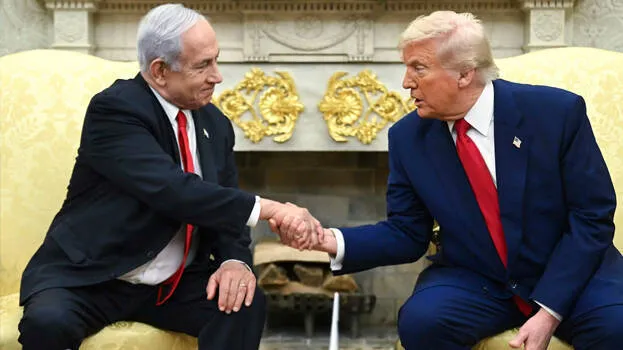

TEHRAN: Following Israel’s intense strikes on Tehran, Iran has expressed willingness to enter ceasefire negotiations, stating that it is not interested in further bloodshed and that diplomatic dialogue is “just a phone call away.” Reports suggest that Iran has sought the support of Gulf nations to mediate the talks. It is believed that Iran has urged these countries to use their influence—particularly with U.S. President Donald Trump—to persuade Israel to agree to a ceasefire. Iran has reportedly indicated that if Israel consents to a ceasefire, it would be open to resuming nuclear negotiations.
Due to the escalating conflict, Iran had earlier called off nuclear negotiations with the US scheduled for the day before. Addressing parliament, Speaker Mohammad Bagher Ghalibaf declared that Iran’s armed forces are not willing to make any compromises.
Israel, on the other hand, claimed full control over Iran’s airspace. Prime Minister Benjamin Netanyahu intensified calls for civilians to evacuate Tehran and warned of more aggressive strikes. Following his warning, Israel launched a missile attack on the headquarters of Iran’s national broadcaster, the Islamic Republic of Iran Broadcasting (IRIB). The strike occurred during a live news broadcast. Despite debris crashing into the studio and the anchor fleeing for safety, the channel resumed broadcasting within minutes. Reports suggest several journalists were killed in the attack.
One field reporter, injured during the bombardment, continued reporting with a bloodied hand and issued a defiant challenge to Israel to strike again. The Israeli attack came shortly after Defence Minister Israel Katz warned that Iran’s state television would soon be rendered inoperable.